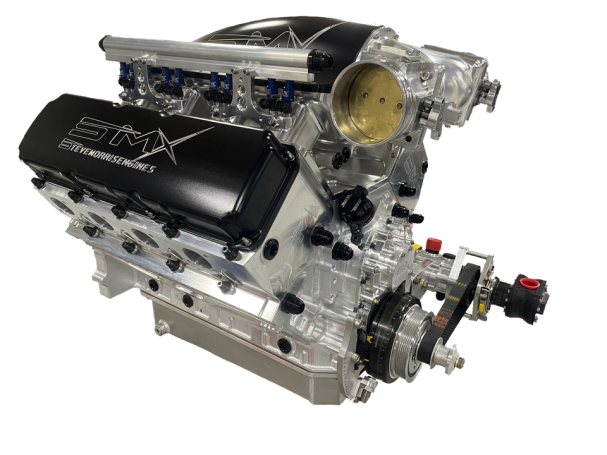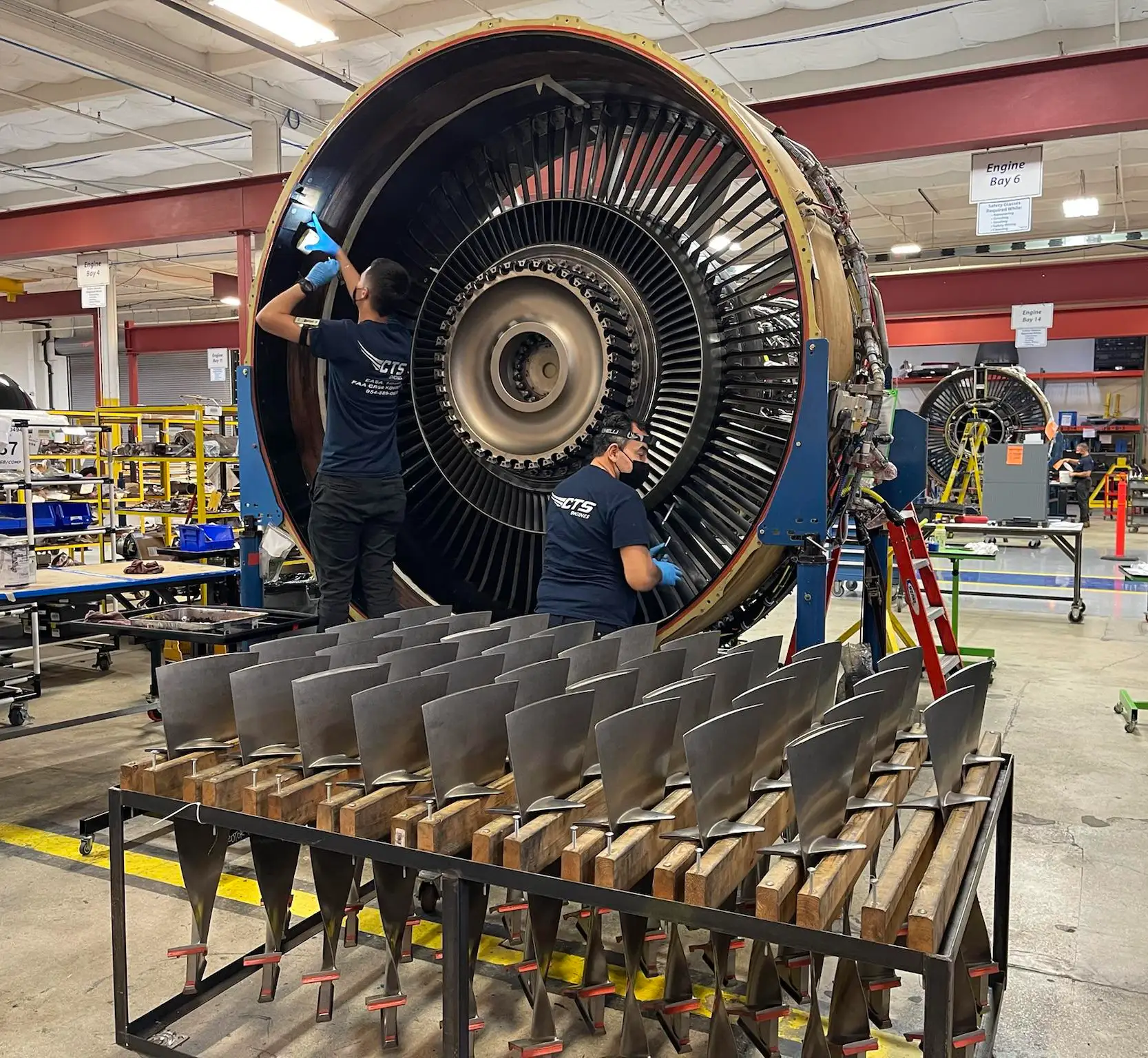Your Best Vehicle Components Shop for Engines for Africa and A lot more
Your Best Vehicle Components Shop for Engines for Africa and A lot more
Blog Article
The Impact of Cutting-edge Engine Technologies on Energy Performance and Environmental Sustainability
In the realm of transport and industrial equipment, the continuous mission for enhanced power performance and reduced environmental influence has led to substantial advancements in engine modern technologies. From the progressive change towards hybrid and electric systems to the integration of turbocharging for enhanced effectiveness, the landscape of engines is advancing rapidly.
Evolution of Engine Technologies
The progression of engine technologies over the decades has been noted by continuous technology and refinement in search of boosted efficiency and performance. From the early days of inner burning engines to the cutting-edge hybrid and electrical powertrains these days, the advancement of engine modern technologies has been driven by a relentless quest for boosted fuel performance and lowered exhausts.
One considerable landmark in this advancement was the advancement of turbocharging and straight injection systems, which dramatically boosted engine power outcome while improving gas efficiency. These technologies permitted smaller, much more light-weight engines that might provide the performance of larger ones without jeopardizing on effectiveness.
In addition, developments in materials scientific research have resulted in the widespread adoption of light-weight products such as aluminum and carbon fiber in engine building and construction. This has not just reduced overall vehicle weight yet has actually also boosted engine performance by minimizing energy losses linked with inertia and rubbing.
Benefits of Electric and Hybrid Solutions
With the growing focus on sustainability and energy performance, what advantages do hybrid and electric systems offer in the world of engine technologies? In addition, electrical and hybrid systems are more energy-efficient, converting a greater portion of saved energy into propulsion contrasted to conventional engines. Crossbreed systems integrate the advantages of electrical propulsion with the versatility of a combustion engine, giving prolonged driving arrays and decreasing variety stress and anxiety for customers transitioning to electric automobiles.
Turbocharging for Improved Effectiveness
Innovative engine technologies like electric and hybrid systems have actually paved the method for improvements in lorry effectiveness, with turbocharging becoming a crucial technique for boosting overall efficiency and sustainability. Turbocharging works by utilizing a wind turbine to compel more air right into the combustion chamber, allowing for far better gas combustion and increased power result without a significant rise in engine size. This process, called forced induction, allows smaller, extra fuel-efficient engines to generate power degrees similar to larger ones. By maximizing the effectiveness of the combustion procedure, turbocharged engines can achieve better gas economy and reduced emissions, adding to ecological sustainability. Furthermore, turbocharging enhances engine responsiveness, giving chauffeurs with a more dynamic driving experience. The widespread fostering of turbocharged engines in both gas and diesel automobiles shows their efficiency in stabilizing performance, effectiveness, and environmental influence. As automobile manufacturers proceed to fine-tune turbocharging technology, its function in promoting power performance and sustainability in the transportation industry is anticipated to grow better.
Utilizing Alternate Gas
Utilizing alternative fuels provides a promising opportunity for reducing carbon discharges and diversifying the power resources used in transport. As the globe aims to deal with environment modification and decrease dependency on fossil fuels, alternate gas have gotten significant attention for their potential environmental and economic benefits.
Biofuels, such as ethanol and biodiesel, are stemmed from renewable resources like sugarcane, algae, and corn, using a cleaner burning choice to traditional gasoline and diesel. These fuels can be combined with existing oil get redirected here gas or look at here used in dedicated engines, providing a path to lower greenhouse gas exhausts and improve air quality.
In addition, hydrogen gas cells have actually arised as an appealing modern technology for zero-emission transportation. engines for africa. By transforming hydrogen gas into electricity to power electric motors, gas cell automobiles produce only water vapor as a byproduct, removing dangerous tailpipe discharges completely
Along with reducing carbon discharges, different fuels can also enhance power safety and security by branching out the fuel mix and reducing reliance on imported oil. Accepting different gas in transport is an important step in the direction of attaining a more eco pleasant and lasting future.

Environmental Advantages and Future Prospects
The environmental advantages of alternate gas and their potential for long-term sustainability are key factors to consider in the change towards cleaner energy sources. Alternative gas, such as biofuels, hydrogen, and electrical energy, deal significant environmental advantages contrasted to typical nonrenewable fuel sources. These gas produce lower levels of greenhouse gas emissions, reducing air pollution and mitigating climate adjustment impacts. Additionally, alternative fuels can assist diversify energy sources, boosting power safety and lowering reliance on finite resources.
The future prospects for alternate fuels in the transportation market are encouraging. Innovations in technology continue to improve the effectiveness and price of alternate Continue fuel lorries, making them more easily accessible to consumers. Federal governments around the globe are additionally applying plans to incentivize the fostering of alternate fuels, even more driving their growth. As r & d initiatives increase, the capacity for even greener and much more sustainable gas alternatives boosts, paving the way for a cleaner and more eco-friendly transport market. By embracing different fuels and cutting-edge modern technologies, the path in the direction of an extra sustainable future becomes significantly possible.

Conclusion
In verdict, innovative engine technologies have played a vital duty in boosting power performance and advertising ecological sustainability. The advancement of engine technologies, fostering of electric and hybrid systems, utilization of turbocharging, and exploration of different gas have all added to boosting and minimizing discharges effectiveness.
In the realm of transportation and industrial equipment, the continual pursuit for improved energy efficiency and reduced ecological effect has led to significant developments in engine technologies. Turbocharging works by making use of a generator to compel more air into the burning chamber, enabling for much better fuel burning and raised power result without a considerable boost in engine size. By making the most of the effectiveness of the burning procedure, turbocharged engines can achieve better fuel economy and lowered exhausts, contributing to ecological sustainability. Alternate gas, such as biofuels, hydrogen, and electrical energy, offer substantial environmental advantages compared to traditional fossil gas. The evolution of engine modern technologies, adoption of electrical and hybrid systems, use of turbocharging, and exploration of alternate fuels have all contributed to reducing discharges and increasing efficiency.
Report this page